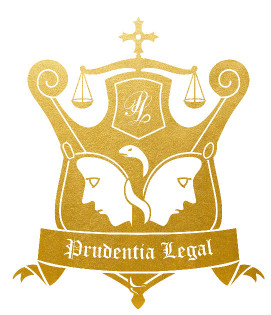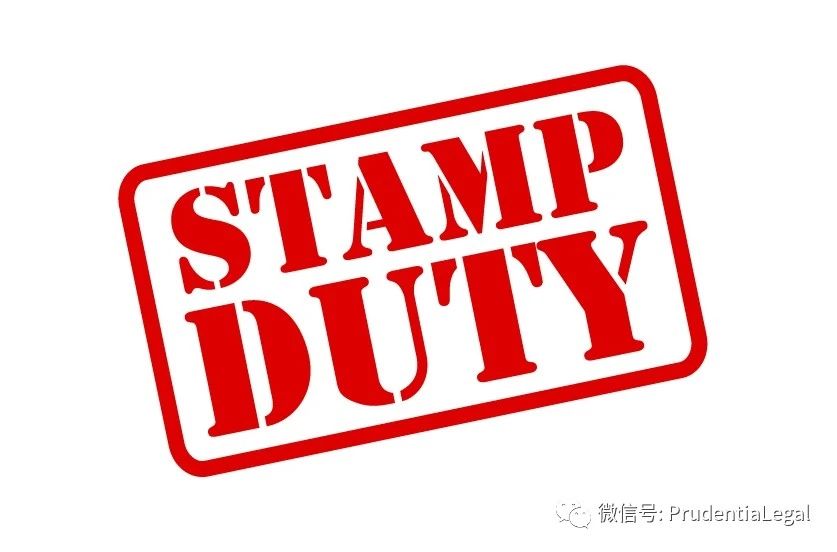A Brief Introduction to Legal Fees: The Difference between Trust Account and Office Account
Clients who may be new to legal services may have queries as to the difference between our trust account and office account. What is the difference between these two accounts? When are they used? This article intends to provide an answer to these questions.
A first and foremost point to make is that the ways fees are charged and money handled are under strict regulation by the Legal Profession laws. As legal practitioners, we must handle clients’ funds according to the rules, or we would face severe legal and professional consequences.
Generally, clients have to sign a costs agreement with the law firm prior to the provision of legal services. Solicitors will explain to the client how fees are charged in their case, e.g. by hourly charge or by fixed fee arrangements. When clients sign the costs agreement, it means that the clients have authorised the law firm to use and transfer funds under certain circumstances. According to relevant regulations, solicitors have to provide an estimated fee for the client’s information. If this estimation has been affected by the progress or complexity of the case, the solicitors have to inform the client promptly. Such fees include the professional fees of the solicitors, GST and other disbursements. Disbursements are expenses related to the case, such as court filing fees, fees for engaging experts and courier fees. After signing the costs agreement, the law firm would instruct clients to transfer to the trust account a sum of money as the initial fees for providing legal services.
Why are funds transferred into the trust account and not the office account?
Funds in the trust account are not the firm’s money, but rather money the firm retains on behalf of the client on trust, hence the term ‘trust funds’. Money in the office account would be the firm’s money. All legal fees paid by clients would be transferred to the trust account first, and there would be a record of the amount of funds being deposited in relation to every case. As an example, one may look at the procedures for a property purchase matter. The client would transfer the settlement funds into the trust account in several transfers, then we will transfer the money to the vendor on the day of settlement. We are only acting as the custodian of the money in trust to control its transfer, and that money still belongs to the client.
Using Funds in Trust Account
The initial legal fees paid by clients to the trust account will not enter the pockets of the firm, but are used bit by bit according to the progress of the case. For example, if the case requires a company search which incur fees, the firm will use the money in the trust account to pay for the search, as the fee is a type of disbursement and the client has authorised us in the costs agreement to pay disbursements under such circumstances. If the disbursement amount exceeds the client’s funds in the trust account, we cannot use other funds in the trust account to pay the extra amount, as other funds in the trust account must belong to other clients for other cases. As other clients did not authorise us to pay your costs, we cannot use their money to make up for the difference between the disbursement and your funds in trust. If we do so, we would have misappropriated funds, which is of course illegal.
At the end of a case, the firm would have known all expenses related to the case, including moneys paid out of our office account and trust account, and the fees generated from time spent by lawyers and other staff (legal fees). The accountant of the firm will prepare an invoice, listing all disbursements and legal fees. The balance after deducting the remainder in the trust account would be the money to be paid by the client. You may have realised by now, that this remainder sum to be paid is for services already provided and disbursements already paid, since the case has come to an end. Therefore this remainder sum is to be paid directly to the firm’s office account and no longer need to be held on trust. Unless the client has other directions, all excess funds in the trust account would be refunded to the client’s account.
This form of regulation on funds is primarily to protect clients of legal services. The operation of the legal system is dependent on the trust of clients on their lawyers, hence lawyers must be accountable to their clients and society at large. The professionalism of lawyers is best demonstrated in the stringent regulatory regime imposed by the law.

Please note: The content of our publication is intended for general information purposes only, and should not be construed as legal advice on any matter. Please contact our firm for discussion of your particular circumstances.

相关内容
-
 详情
详情Avoiding Fraud – Importance of Legal Advice Illustrated by Two Cases
Avoiding Fraud– Importance of Legal Advice Illustrated by Two CasesPrudentia Legal: Edmund Leung2021-09-10Believing in the wrong person may lead to significant consequences, as once again demonstrated in recent cases in our firm. Sometimes mistakes may even compound on each other to rea
-
 详情
详情Temporary changes States have made to signing, witnessing or attending to documents
-
 详情
详情Employees or Contractors – A Discussion on New Developments for App Transport and Delivery Platforms
The gig economy has become everyday occurrence in the past decade. It has also developed in a way exceeding what may be originally envisioned. From the consumer’s perspective, the ease of on-call services for transport and food delivery alike has led to an explosion in demand, with many newcomers t
-
 详情
详情Summary of changes to the new VIC Residential Tenancy laws
The start date of the Residential Tenancies Amendment Act 2018 (the “ACT”) which outlines the framework of Residential Tenancy laws has been delayed due to coronavirus (COVID-19), with the amendments to be introduced by 29 March 2021, rather than the original 1 July 2020. The Residential Tenancies
-
 详情
详情Acting as Witness in Legal Proceedings
While direct involvement in criminal matters or civil litigation might not be that common for a person of the general public, it might well be possible that you have witnessed a crime or an event, and may be required to give evidence in court as a witness. What does being a witness entail? Speaking
-
 详情
详情Child Maintenance Trust
Division 6AA section 102 AG of the Income Tax Assessment Act 1997 (Cth) provides that a Child Maintenance or Child Support Trust (“CMT”) can be established following a relationship breakdown. Simply speaking, A CMT is a discretionary trust specifically set up to provide support for a child (or chi
-
 详情
详情Recent Changes to NSW Stamp Duty and Land Tax Policies
Stamp DutyThe New South Wales government has previously announced that they are introducing new legislation to increase the threshold amount for offering stamp duty exemption or reduction for first home buyers, such that purchasers of higher-priced properties may also benefit. This policy change has
-
 详情
详情House and Land Package – Some tips to share
House and Land Package – some tips to shareIntroductionIt’s noted the “house and land package” in the property market has maintained its popularity over the years. It’s difficult to find a brand new four-bedroom free-standing house within a 30 km radius from the Sydney CBD under $1 millio
-
 详情
详情New Australian Visa Policies Applicable to Hong Kong
The Prime Minister of Australia, the Honourable Scott Morrison MP, has announced yesterday that new visa policies and measures aimed to attract students and business talents from Hong Kong to Australia, and allow them to stay in Australia, will be offered to “Hong Kong passport holders”. It is not
-
 详情
详情Off-the-plan Stamp Duty Concessions in Victoria
The state of Victoria, specifically its capital Melbourne, has many high-rise and multi-occupancy residential developments completed and ongoing. Regeneration and redevelopment projects resulting in high-rise skyscrapers have dramatically changed Melbourne’s skyline in the past decade. Such multi-o
-
 详情
详情Intervention Orders In VIC
An individual (the applicant) (or police department but today we only talk about the individual application) may apply for an intervention order in the Magistrates Court of Victoria which places legal restrictions upon another individual (the respondent) and prohibits the respondent from engaging in
-
 详情
详情Preparation of Contract for the Sale and Purchase of Land in New South Wales
A contract for the sale and purchase of land (Contract) comprises three sections: The first being the substantive contract, usually the standard contract drafted by the Law Society of New South Wales and the Real Estate Institute of New South Wales, containing general conditions; the second being th